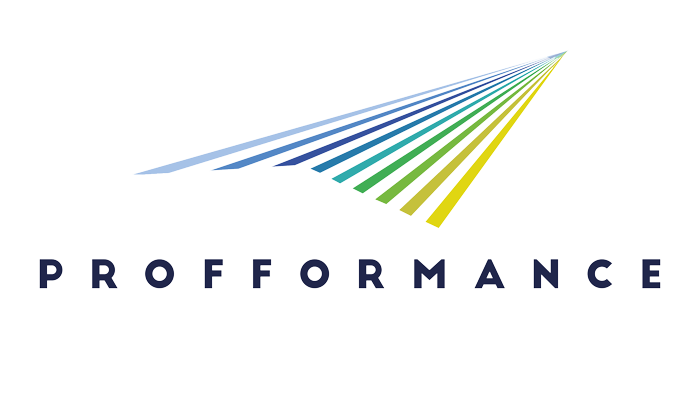GCSC
Global Case Study Challenge
- 04 – Business, administration and law
- 07 – Engineering, manufacturing and construction
2. Innovative teaching and learning
- Innovative online and blended learning methods, engaging and participative hybrid learning organization
- Innovative methodology to keeping motivation and attention during online lectures
- Innovative multidisciplinary projects for students from different faculties
- Case-based teaching, case study – object of study to put into practice the knowledge acquired through a real, fictitious or adjusted description/case of reality.
The Global Case Study Challenge (GCSC) is a high-impact career-oriented teaching and learning virtual exchange (VE) program, providing educators and students with invaluable life-enriching experience. Focusing on intercultural, digital communication and sustainability competencies, the GCSC promotes Global, Conscious and Sustainable Communities. The GCSC showcases how new virtual models of learning within real-world contexts can forge new global connections, contribute to global learning and digital global readiness. To date 1450 students and 50 educators from 30 universities across 20 different countries have worked together on real-life business cases in 380 Global Virtual Teams. In the fourth edition (2021) of the GCSC, some 450 students worked together for 10 weeks in global virtual teams (GVTs) of 5-7 students, establishing team-building dynamics, collaborating on real-life project based team assignments, before presenting their solutions and recommendations to a corporate partner at a global virtual conference. This program offers students the opportunity to improve their intercultural, digital communication & literacy competencies, while increasing their awareness of SDGs in a corporate environment. The teaching cohort, in 2021 some 20 educators from 16 countries, engage in experiential professional development (EPD): applying common pedagogical approaches, collaborating across cultural and disciplinary contexts and integrating digital collaboration formats into their curricula. This shared pedagogical practice involves providing formative and summative feedback, co-grading student team assignments, aligning course design to the GCSC learning framework, and facilitating a live virtual event. The GCSC takes participants on a transformative virtual learning journey by applying: - The guiding principles of VE/COIL and Globally Networked Learning (GNL). GCSC can be used either as a complete for-credit course or can be incorporated into another course or module. - Project-Based Learning (PBL), through which students learn by actively engaging in real-world and personally meaningful tasks (Boss, S. & Larmer, J., 2018). - Internationalization@home, serving students unable to participate in intercultural and international exchanges - Self-directed, student-centered learning, alongside Kolb's Experiential Learning Model Adopting an iterative approach, the GCSC continuously evolves through multiple cycles of design, development, testing and revision.
Methodology
Tools, equipment, technology used
Outcomes and outputs, main results
Lessons learnt
Adaptability and sustainability of the best practice (for other institutions)
Promotion of best practice
Scope and impact
- Course/department level
- Institutional level
- Cross-institutional level
6.1 Digitalization
- Outstanding, innovative, excellent practices of online / blended / hybrid learning
- Innovative, novel methodology in using digital tools/devices in teaching
- Digital skills development and assessment both general and profession-related, embedded in course design, in teaching and assessment
Reasoning: The GCSC has been recognized as an outstanding and innovative online learning and teaching project. The GCSC was shortlisted for the 2020 Austrian ARS Docendi “excellence in teaching” award in the category of Digital Transformation of Teaching and in the same year was a finalist in the 6th International e-Learning Excellence Awards at the European Conference on e-Learning. The GCSC, as a career-oriented program, introduces both educators and students to a range of digital collaboration tools.
6.2 Internationalization
- Outstanding practices of international online collaborative learning
- Developing students' multicultural awareness
- Students engagement in international projects
- Courses implemented in international cooperation (projects, co-teaching, virtual/blended mobility, etc.)
- International projects/research results embedded into course development and T&L
Reasoning: The GCSC is receiving global recognition as a one-of-the-kind collaborative online international learning and teaching program. In 2021 the GCSC was invited to present the didactical design and research component of the GCSC at several prominent conferences and events including the 2021 LatAm COIL Conference and at the IVEC 2021 conference. In 2022 a GCSC follow-up Blended Intensive Program for some of the 2021 GCSC participants will be organized at the Carinthia University of Applied Sciences.
6.3 Inclusion and diversity, universal design
- Inclusive course design, universally designed divers activities to meet special students' needs
- Universally designed teaching material - adjustable for special needs
- Innovative teaching methodology for inclusion and meet diverse student needs
- (Innovative) use of devices and tools for inclusion
Reasoning: This international digital cooperation format is intentionally equitable and accessible to those individuals unable to go on exchange. It contributes to global fairness in the digital space through virtual exchange and by creating opportunities for authentic encounters that recognize and honor diversity in an equitable manner. Creating a shared pedagogical practice among educators can play a significant role in deepening awareness and fostering action around DEI.
6.4 Sustainability
- Sustainability goals are addressed in the course(s)
- Teaching material contains profession related sustainability aspects
- Special courses reflecting to UN 2030 Sustainability goals, Green Deal - mini-courses, microcredentials
Reasoning: Students and educators increase their awareness of sustainability in general and in the corporate context throughout the GCSC. A longitudinal survey of participants’ sustainability competencies is conducted at the beginning and end of the 10-week program. Initial results show a significant increase in sustainability awareness and competencies. All GCSC partnerships are developed with long-term sustainable partnerships in mind and each business case incorporates a corporate SDG component.
3.3 Public contact datas
| Name | Email address | Website |
|---|---|---|
| Eithne Knappitsch | e.knappitsch@cuas.at | https://www.globalcasestudychallenge.com/ |

